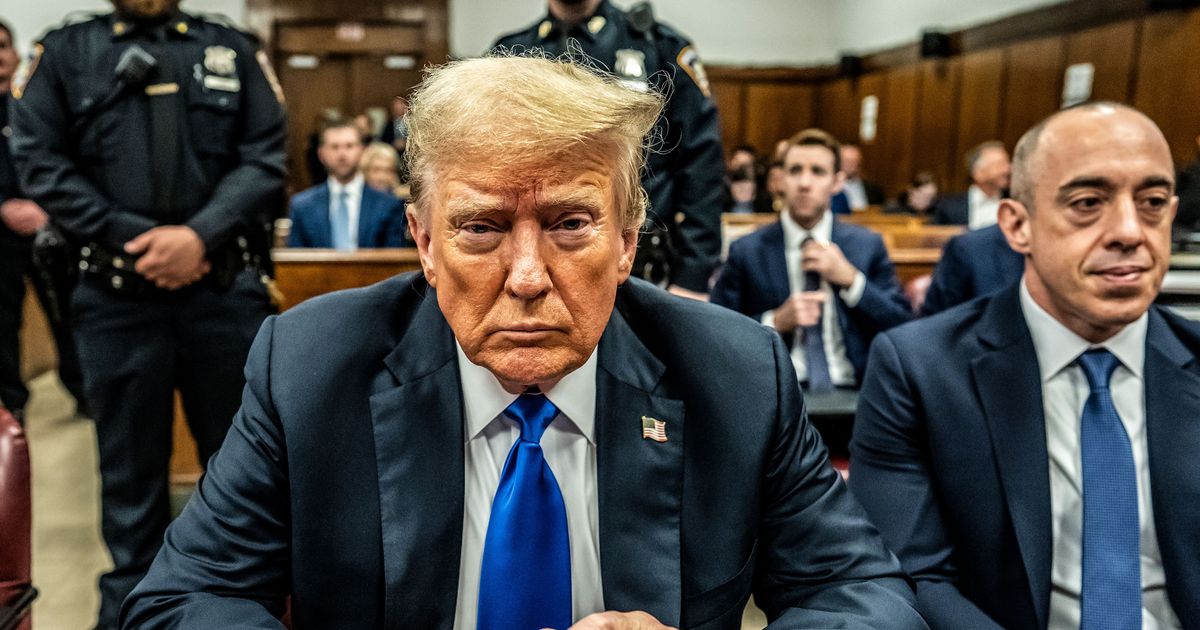Prosecutors Got Trump — But They Also Contorted the Law

🌈 Abstract
The article discusses the author's experience as a prosecutor and the lessons they learned about the importance of respecting the jury's verdict, regardless of the outcome. It then analyzes the recent conviction of former President Donald Trump in New York, highlighting the controversial nature of the charges and the potential legal issues with the prosecution's approach.
🙋 Q&A
[01] The author's experience as a prosecutor
1. What was the author's experience when they first took a jury verdict?
- The author was a brand-new prosecutor, 29 years old, and had just given their first closing argument a few days earlier.
- The author felt a burst of uncut adrenaline and had to brace themselves to avoid any emotional reaction when the verdict was read.
2. What lesson did the author learn about the jury's verdict?
- The author learned that the jury's verdict is sacrosanct and that prosecutors should not react emotionally, either positively or negatively, to the verdict.
- The author believes that any emotional reaction would disrespect the judge, the jury, and the person whose liberty is at stake.
[02] Analysis of the Trump conviction
1. What are the key facts about the jury's role in the Trump case?
- The jury took on a civic duty that many others fled, with over half the assembled pool of potential jurors leaving during jury selection.
- The jurors sat through six weeks of testimony and were attentive throughout the trial, asking precise and insightful questions during deliberations.
- The jury found that the prosecution carried its burden of proof beyond a reasonable doubt, and their work and verdict deserve respect.
2. What are the author's concerns about the prosecution's approach in the Trump case?
- The judge's political donation and the district attorney's campaign rhetoric raise questions about the impartiality of the proceedings.
- The charges against Trump push the outer boundaries of the law and due process, with the falsification of business records charges being "obscure" and "nearly entirely unprecedented."
- The prosecution's refusal to specify the "unlawful means" underlying the charges until right before closing arguments is seen as a violation of the defendant's constitutional right to be informed of the accusations against them.
3. What is the author's view on the potential outcome of Trump's appeal?
- The author believes Trump will appeal the conviction and has a "decent shot at a reversal," as the New York law is broad and hazy enough to potentially allow the prosecution's "machinations."
- However, the author also acknowledges that a conviction does not necessarily mean the prosecution's approach was justified, as "victory is the great deodorant" and "plenty of prosecutors have won plenty of convictions in cases that shouldn't have been brought in the first place."
Shared by Daniel Chen ·
© 2024 NewMotor Inc.